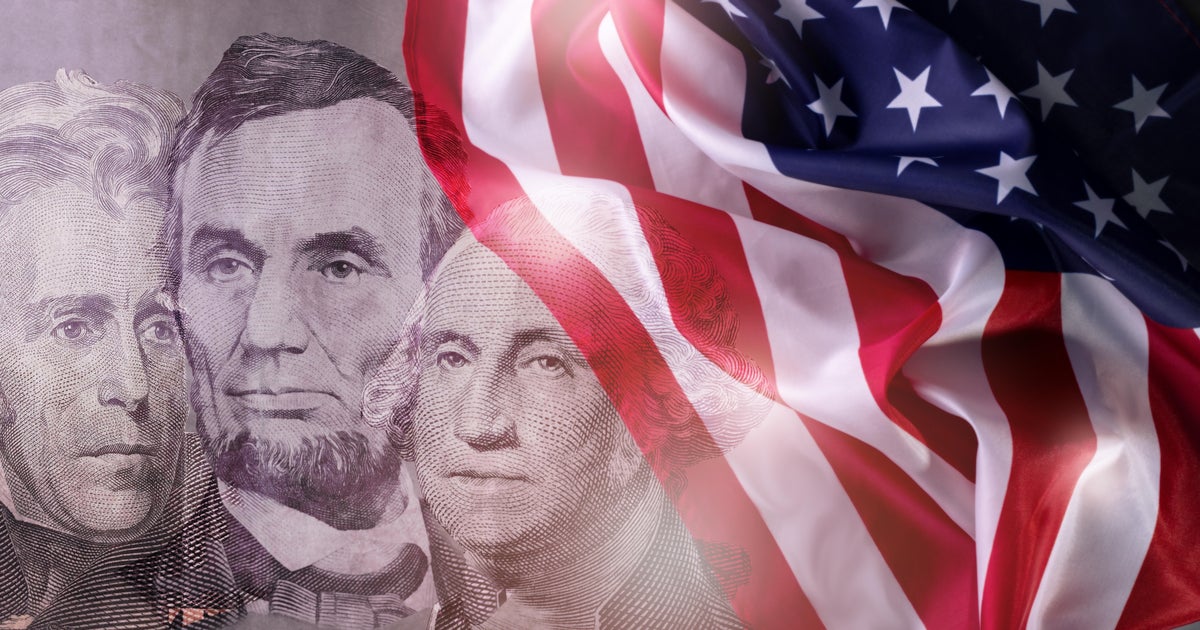American Airlines could be a first-class investment
With a furious hurricane season causing waves of flight cancellations in recent weeks, it was no surprise that airline stocks have pulled back sharply. The majors have taken big hits so far during the third quarter: United Airlines (UAL) slumped some 20 percent, and Delta (DAL) and America Airlines (AAL) have declined about 10 percent.
That has scared plenty of investors away from the sector, and some analysts who were bullish on the group have also pulled their positive recommendations. JPMorgan analyst Jamie Baker, who had a "buy" rating on American and United, recently downgraded them to a "neutral" rating. "While stocks have corrected meaningfully since last earnings season, we fear they may not be braced for the magnitude of fourth-quarter disappointment we anticipate," said Baker in a note to clients.
But several other airline analysts aren't that concerned. "We view the recent correction as overdone and remain constructive on U.S. airline stocks," asserted Darryl Genovesi, analyst at UBS. "We thought the stocks were cheap before, but they're cheaper now, and we don't think the forward earnings growth outlook is any worse."
Genovesi pointed out in a recent industry report that the "catalyst path appears reasonably positive for the first time in a while given very low fourth-quarter RASM (unit revenue) expectations, continued advance-purchase bookings strength, and reasonable consensus 2018 earnings-per-share estimates." At the same time, capacity growth appears to be decelerating through 2019, noted the analyst.
American Airlines Group, the largest U.S. commercial airline and one of the world's biggest based on revenue passenger miles and available seat miles, is the top airline stock pick of Jim Corridore, equity analyst at CFRA Research, who rates it a "strong buy." The stock is down from its 52-week high of $54.48 a share, to $47, but Corridore sees it climbing to $65 over the next 12 months.
He expects the airline industry to benefit from improving pricing and strong demand, offsetting some increases in oil prices in 2017. He admits the rising dollar and the U.K.'s exit from the European Union "represent risks for international travel." But Corridore sees lower travel costs for U.S. passengers in foreign markets stimulating demand, thus offsetting those risks.
The analyst sees American Airlines' "strong profitability and operating cash flows" along with a robust share buyback program also offsetting high debt levels and slower revenue versus peers. He expects the company to remain focused in 2017 on capacity discipline, raising capacity by about 1 percent, while expecting yields to go up about 4 percent and "passenger load factor falling about one percentage point." Ancillary fees and higher cargo revenue should help boost overall revenue growth, said Corridore.
"We see revenue trends in the industry improving through 2017 and see demand remaining strong," he said. Another positive factor he noted is the price of jet fuel. Corridore expects it to rise by just 20 percent in 2017 rather than the earlier projection of a 25 percent increase.
The CFRA analyst figures American Airlines will earn $5.27 a share in 2017, down from 2016's $5.70, but he projects slightly higher earnings of $5.83 in 2018. Following a 2 percent decline in total operating revenues in 2015, to $40.2 billion, Corridore projects a 5 percent rise this year and 3.5 percent in 2018.
Also a bull on American Airlines is Helane Becker, analyst at investment firm Cowen, who rates the stock as "outperform" with a price target of $55 a share. She expects the next catalyst for the stock will be the company's "investor day" scheduled for Sept. 27 and 28 in Dallas. One bright spot in the stock is American Airlines' performance in the international market, where Becker expects unit revenue will continue to outperform, given its strength in Latin America.
The airline expects third-quarter RASM will be flat to up 1 percent, versus a prior guidance of up 0.5 percent to 2.5 percent, partly due to Hurricane Irma, which had forced American to cancel 5,000 flights across 40 airports in Florida and the Caribbean. But Becker pointed out that the airline has several key revenue initiatives that could drive earnings higher in 2018. Among the base-case assumptions: Capacity growth of about 1.25 percent, airline traffic growth of 1.25 percent, jet fuel price of $1.69 per gallon and yields rising 2 percent year-over-year.
At UBS, some of its studies show further bullish trends for the airlines. Its analysis of U.S. travel agency ticket sales indicates a "modestly improving RASM outlook" into the fourth quarter. And separately, UBS analyst Genovesi said two of the firm's surveys "both indicate demand growth accelerating, while our capacity analysis indicates that supply growth appears likely to hold in the low 4 percent range in 2018, but then decelerate to 3 percent in 2019."
So for investors seeking to "buy low" in a challenged industry that nonetheless faces growth prospects, American Airlines and the airline industry appear to fit the bill.



